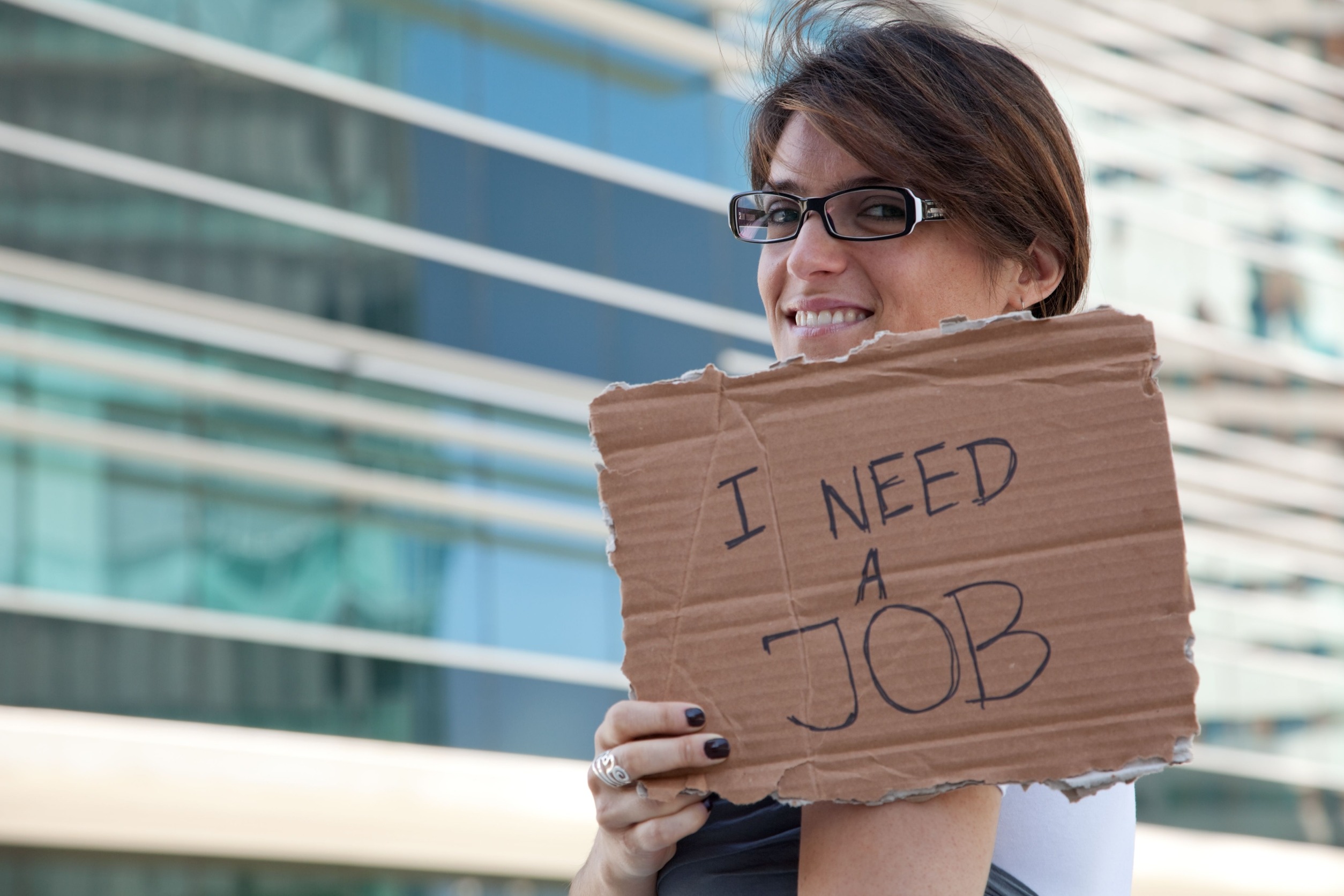Global unemployment to worsen in 2024, says UN
- Champa Ha

Stalled productivity, rising inequalities and inflation biting into disposable income are some of the concerns that the United Nations (UN) are concerned about, as the global unemployment rate is set to increase slightly in 2024.
The UN’s labour agency said the economic recovery from the COVID-19 pandemic has slowed down, with ongoing geopolitical tensions and persistent inflation triggering aggressive moves by central banks.
While global growth in 2023 was modestly higher than anticipated, and labour markets showed surprising resilience, real wages declined in most of the G20 countries as wage increases were unable to keep pace with inflation, said the International Labour Organisation (ILO).
The 2022 global unemployment rate stood at 5.3% and made a modest improvement last year to 5.1%. Yet, with an extra two million workers set to look for work in 2024, the global unemployment rate is set to rise to 5.2%.
Disposable incomes have declined in the majority of G20 nations and the erosion of living standards thanks to inflation is “unlikely to be compensated quickly”, the ILO said.
Widening inequalities and stagnant productivity are causes for concern, the ILO said in its World Employment and Social Outlook Trends report for 2024, which studied the latest labour market trends such as unemployment, labour force participation, and then link them to social outcomes.
The report found that some of the data, notably on growth and unemployment, are “encouraging”, ILO Chief Gilbert Houngbo said. However, a closer look at the results shows that the labour market imbalances are growing and that, in the context of multiple and intersecting global crises, progress towards greater social justice is eroded, reported CNA.
READ MORE: South Korea’s employment rate slow but at an all-time high
“Falling living standards and weak productivity combined with persistent inflation create the conditions for greater inequality and undermine efforts to achieve social justice,” said Houngbo. “And without greater social justice we will never have a sustainable recovery.”






